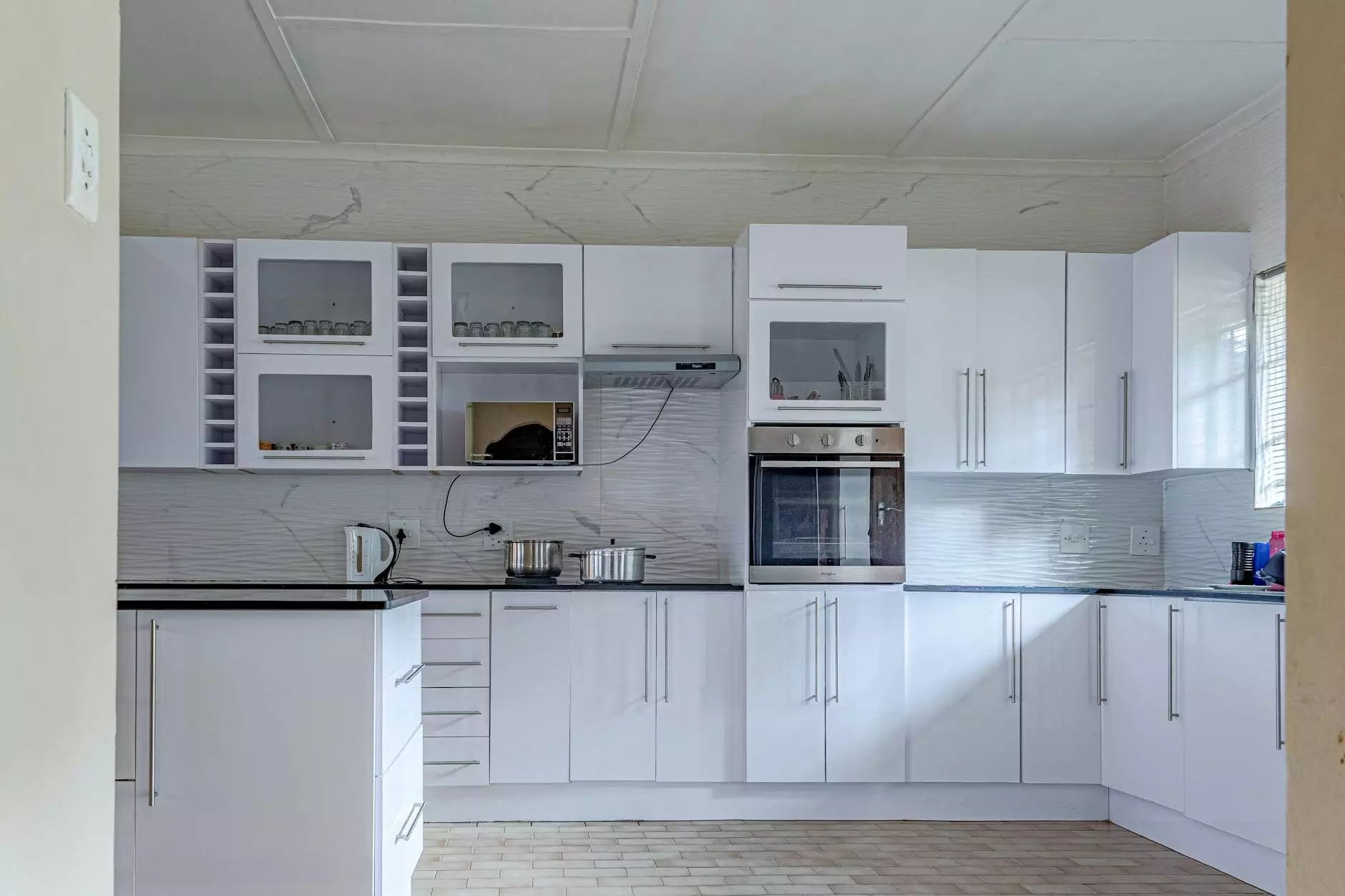Understanding Kitchen Remodel Cost: A Comprehensive Guide

When it comes to home improvement, kitchen remodeling stands out as one of the most impactful renovations you can undertake. Not only does a well-executed kitchen makeover enhance your home's appeal, but it can also significantly improve its value. However, one of the most pressing questions homeowners have is, "What is the typical kitchen remodel cost?" In this article, we will delve deep into the various aspects of kitchen remodeling, aiming to equip you with all the knowledge you need to approach your project confidently.
Factors Influencing Kitchen Remodel Cost
Understanding the cost of a kitchen remodel requires an appreciation of the key factors that can affect pricing. From the size of your kitchen to the materials you choose, each element plays a role in determining the overall expense. Here are the primary factors to consider:
- Kitchen Size: The larger the kitchen, the more materials and labor will be required, naturally increasing costs.
- Materials: The choice of materials—ranging from countertops to cabinets—can significantly affect the total cost. High-end materials often yield corresponding high prices.
- Labor Costs: Skilled labor often comes at a premium, and costs can vary based on regional differences and the complexity of the remodel.
- Design Complexity: A simple upgrade may cost less than a complete redesign which requires intricate planning and execution.
- Appliances: Upgrading to modern, energy-efficient appliances can increase upfront costs but save money in the long run.
Breaking Down Kitchen Remodel Costs
Now that we understand the factors affecting costs, let's break down the typical expenses involved in a kitchen remodel. Here are the primary components that contribute to your kitchen remodel cost:
1. Cabinets
The cabinetry is often the centerpiece of any kitchen renovation, and it can consume a substantial portion of your budget. Here’s a general breakdown:
- Stock Cabinets: $100 - $300 per linear foot.
- Semi-Custom Cabinets: $150 - $650 per linear foot.
- Custom Cabinets: $500 - $1,200+ per linear foot.
2. Countertops
Countertops significantly impact both functionality and aesthetics. Popular materials include:
- Laminate: $20 - $50 per square foot.
- Granite: $40 - $100 per square foot.
- Quartz: $50 - $150 per square foot.
- Marble: $50 - $100 per square foot.
3. Flooring
The right flooring can enhance your kitchen's design while ensuring durability. Options include:
- Vinyl Flooring: $2 - $7 per square foot.
- Laminates: $1 - $5 per square foot.
- Tile: $1 - $10 per square foot.
- Hardwood: $5 - $15 per square foot.
4. Appliances
Upgrading or changing your appliances can be a significant expense. Here are some average costs:
- Refrigerators: $600 - $3,000.
- Stoves: $500 - $2,500.
- Dishwashers: $400 - $1,500.
- Microwaves: $100 - $500.
Setting a Budget for Your Kitchen Remodel
Once you have an idea of what the basic components of your kitchen remodel cost will entail, it’s essential to set a budget. Here’s how to do it:
- Determine Your Priorities: What are your must-haves versus nice-to-haves?
- Get Multiple Quotes: Always seek estimates from several contractors to compare costs.
- Allocate Funds Wisely: A common recommendation is to allocate around 15-20% of your total budget for unexpected expenses.
- Consider Financing Options: Research loans, whether secured or unsecured, that could help fund your project.
DIY vs Hiring a Professional: Weighing the Options
One of the significant decisions you’ll need to make is whether to take on the remodeling yourself or hire professionals. Both options have their pros and cons:
DIY Advantages:
- Cost Savings: Completing tasks yourself can save on labor costs.
- Creative Control: You have the freedom to shape the project as per your vision.
DIY Disadvantages:
- Time-Consuming: A DIY project can take much longer than anticipated.
- Potential Mistakes: Inexperienced efforts can result in costly errors.
Hiring a Professional Advantages:
- Expertise: Professionals bring experience, knowledge, and efficiency to your project.
- Liability Insurance: A good contractor carries insurance that protects you from unforeseen issues.
Hiring a Professional Disadvantages:
- Higher Costs: Hiring professionals can significantly increase project costs.
- Less Control: You may have to concede some creative control to the contractor.
Tips for Reducing Kitchen Remodel Costs
Even with a carefully laid plan, kitchen remodel costs can sometimes spiral. Here are some tips to help you manage and reduce expenses:
- Keep the Existing Layout: Avoid plumbing changes which can be costly.
- Shop Sales: Look for sales on appliances, fixtures, and materials to save money.
- Refinish Rather than Replace: If your cabinets are in good shape, consider refinishing them instead of replacing them entirely.
- Buy Used or Factory Seconds: Consider purchasing gently used appliances or discounted materials from factory outlets.
Conclusion
Deciding to remodel your kitchen is a major decision that can lead to tremendous rewards, both in terms of aesthetic appeal and property value. Understanding the kitchen remodel cost is crucial to planning a successful project. By carefully considering the factors that influence costs, breaking down expenses, setting a realistic budget, and making informed decisions about DIY versus hiring professionals, you can achieve a stunning kitchen transformation that meets your needs and suits your finances.
For more detailed guidance and support throughout your journey, explore the resources available at kitchenmakeovers.co.uk. Our expertise in kitchen renewal, kitchen makeover, and kitchen renovation ensures you’ll find precisely what you need to bring your dream kitchen to life without exceeding your budget.


